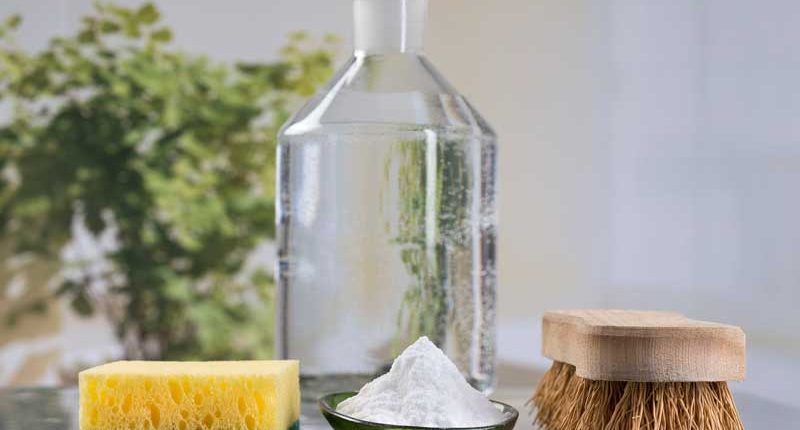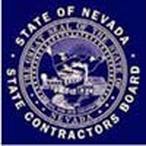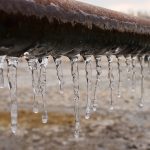Clogged and slow drains can happen to anyone at any time. You don’t have to be doing something wrong to get a clog. It could result from hair falling in the drain when you shower, from food particles that you rinse off of your plates, or just from grease and scaling in your pipes that happens naturally over time. For many people, the immediate response is to grab a chemical drain cleaner or pour bleach down the drain.
While these solutions work, they may not be the best approach, and can sometimes do more harm than good. Learn what you need to know about drain cleaning, safe methods to try, and when to call in a professional to take care of the problem.
What to Know About Chemical Cleaners
Chemical drain cleaners, like bleach or the “pro-strength” gels you get at home improvement, hardware or grocery stores, can be a fast and easy fix for a clogged drain. They are certainly easy to use, and they’re inexpensive. Unfortunately, they’re just treating the symptoms of a problem without addressing the root cause of the issue.
They are also corrosive—that’s how they work. They are either highly basic or highly acidic, and this lets them melt and dissolve the clogs. If they can do that to your clogs, what do you think they might do to your plumbing? That’s right; they will erode your plumbing over time.
Dangers of Chemical Drain Cleaning
There are also real health dangers in using these kinds of cleaners. Some contain chemicals like hydrochloric acid, which can produce fumes that are dangerous to inhale. They can irritate your eyes, and even burn your skin. Bleach can also be harmful to breathe in or come into direct contact with while cleaning. Chemical drain cleaners can be mishandled and should be used carefully, if at all.
What Can I Use?
A potential option to get your drain flowing again, which is generally safe for you and your plumbing, includes good old-fashioned boiling water. Just be careful not to burn yourself! The drawback is that boiling water can be problematic to use in PVC pipes as it can cause joints to loosen. It can also crack the porcelain in the sink if you’re not careful.
Alternately, a basic mixture of vinegar and baking soda can dissolve many organic clogs without harming your pipes. If you need something stronger, a natural enzyme drain cleaner can sometimes do the trick, and since it uses bacteria, it will generally not harm your plumbing. You can also use needle-nose pliers or a basic drain snake to remove clogs from your drain by just pulling them out. Finally, using a strainer over your drain can go a long way towards preventing clogs in the future.
Call in the Pros
Just because you get the water flowing freely in your drain again, that doesn’t mean you’ve addressed the underlying problem. You need to have the cause of the clog diagnosed to keep it from coming back, and that means calling in the pros. It’s a good idea to have a plumber look over your drains once a year anyway, to avoid costly repairs in the future. If you’re in the Henderson, Nevada, area, Village Plumbing can help. Give us a call for an appointment today!






